WiDS 2023 Speakers
Central Massachusetts Women in Data Science
March 15th, 2023
Opening Remarks
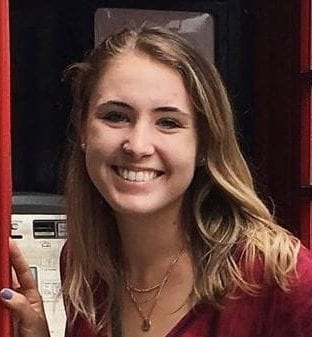
Geri Dimas
Data Science PhD Candidate, WPI
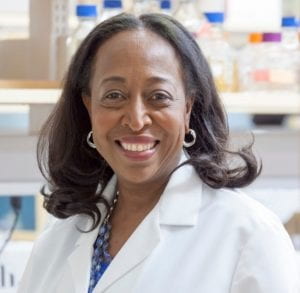
Dr. Jean King
Peterson Family Dean of Arts & Sciences, WPI
Keynote Speaker

Dr. Tasha Snow
Mines Glaciology Laboratory, Colorado School of Mines
Tasha is a Research Associate at the Colorado School of Mines working to better understand high latitude ocean and glacier change and how it will impact the planet. She received her PhD in Geography at the University of Colorado Boulder studying glaciology, but also has an interdisciplinary research background in paleoceanography and marine ecology. Her current work focuses on how oceans interact with glaciers in Greenland and Antarctica, and she is developing new ways to apply satellite thermal infrared imagery to study these systems. She specializes in remote sensing, machine learning, and open science. One of her most exciting projects at the moment is leading the CryoCloud cloud-computing project (cryointhecloud.com) to help usher NASA Cryosphere communities into the cloud and build open-source science infrastructure and community best practices. Aside from her research interests, she is a veteran of the US Navy and is passionate about helping others to develop more inclusive leadership skills in academia.
Panel: Data Science and Environmental Justice
Moderator
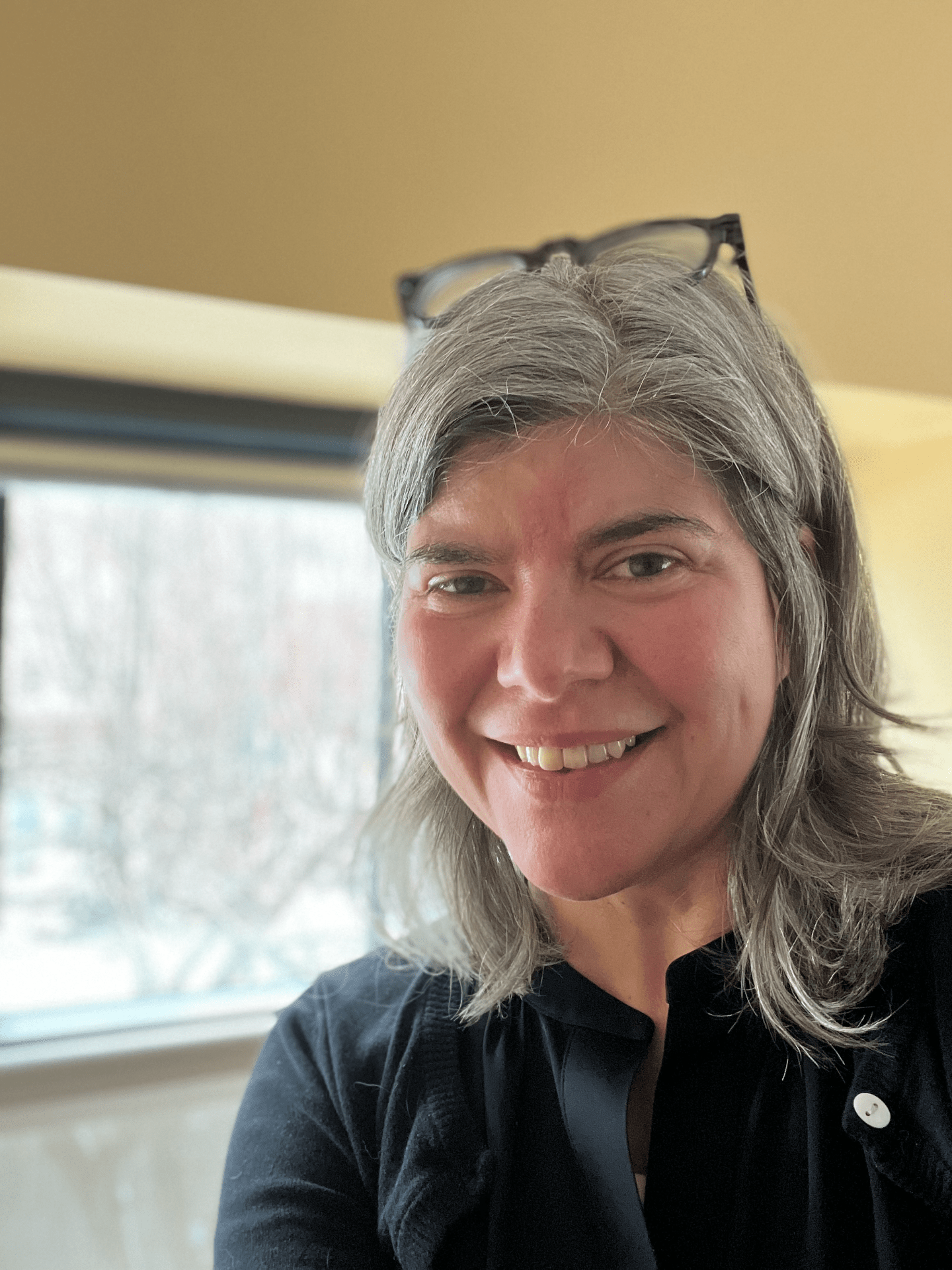
Dr. Laureen Elgert
Assoc Professor of International Development & Environmental Policy Dept Head, Integrative and Global Studies Co-Director, Ecuador Project Center Worcester Polytechnic Institute
Panelists
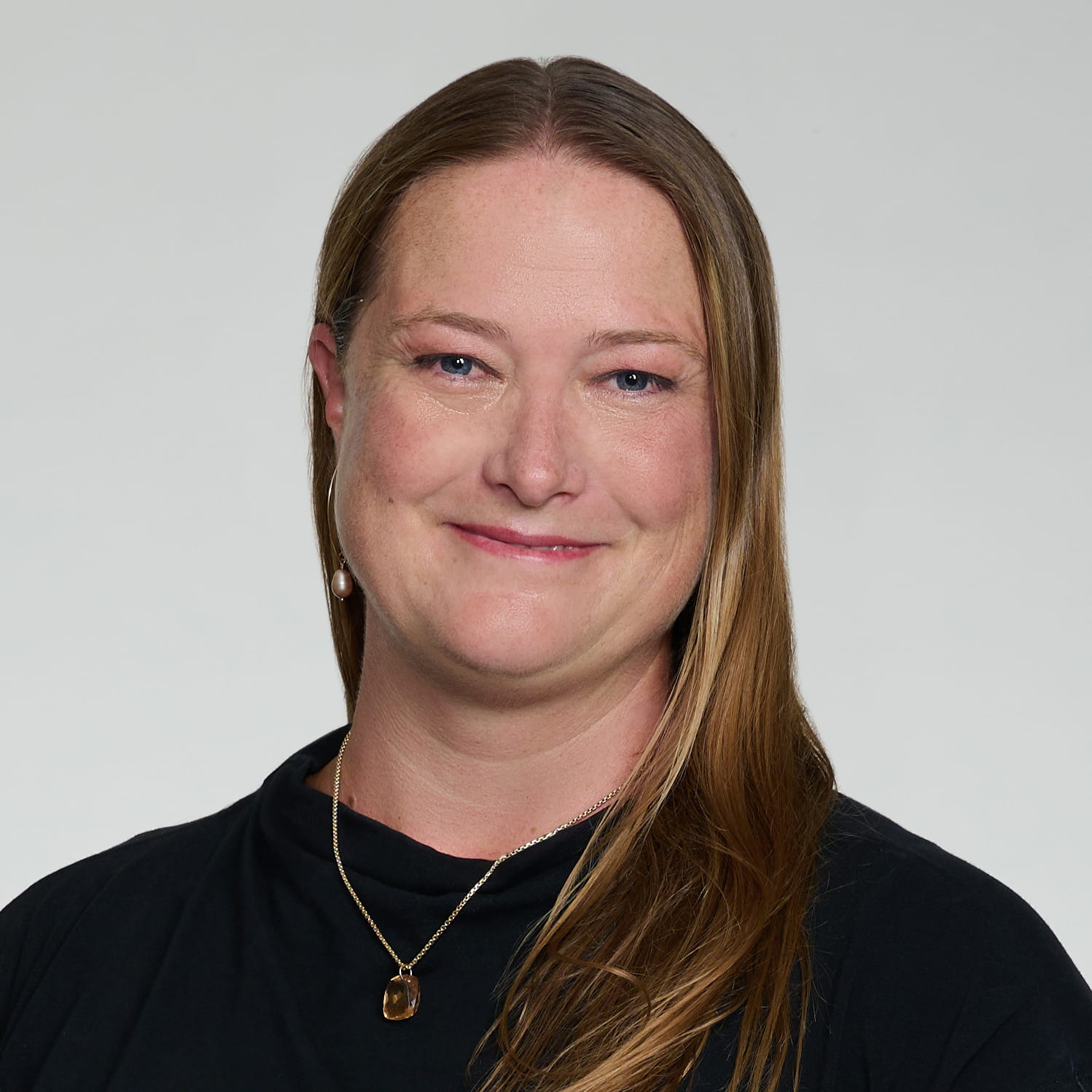
Brooke Williams
Associate Professor of the Practice of Computational Journalism, College of Communication Civic Tech Fellow, Faculty of Data and Computing Science, Boston University
Brooke Williams is an investigative reporter, professor of the practice of computational journalism and civic tech fellow at Boston University. Her data-driven investigative reporting has contributed to a Pulitzer Prize for Investigative Reporting, a George Polk Award and a Gerald Loeb Award, among many others. In 2020, she co-launched the Justice Media Computational Journalism co-Lab, a collaboration with the College of Communication and the Spark! Faculty of Computing & Data Sciences, where interdisciplinary teams of students publish data-driven investigative reports for local, regional and national news partners.
Follow her on Twitter @reporterbrooke

Dr. Reshmi Ghosh
Applied Scientist, Microsoft
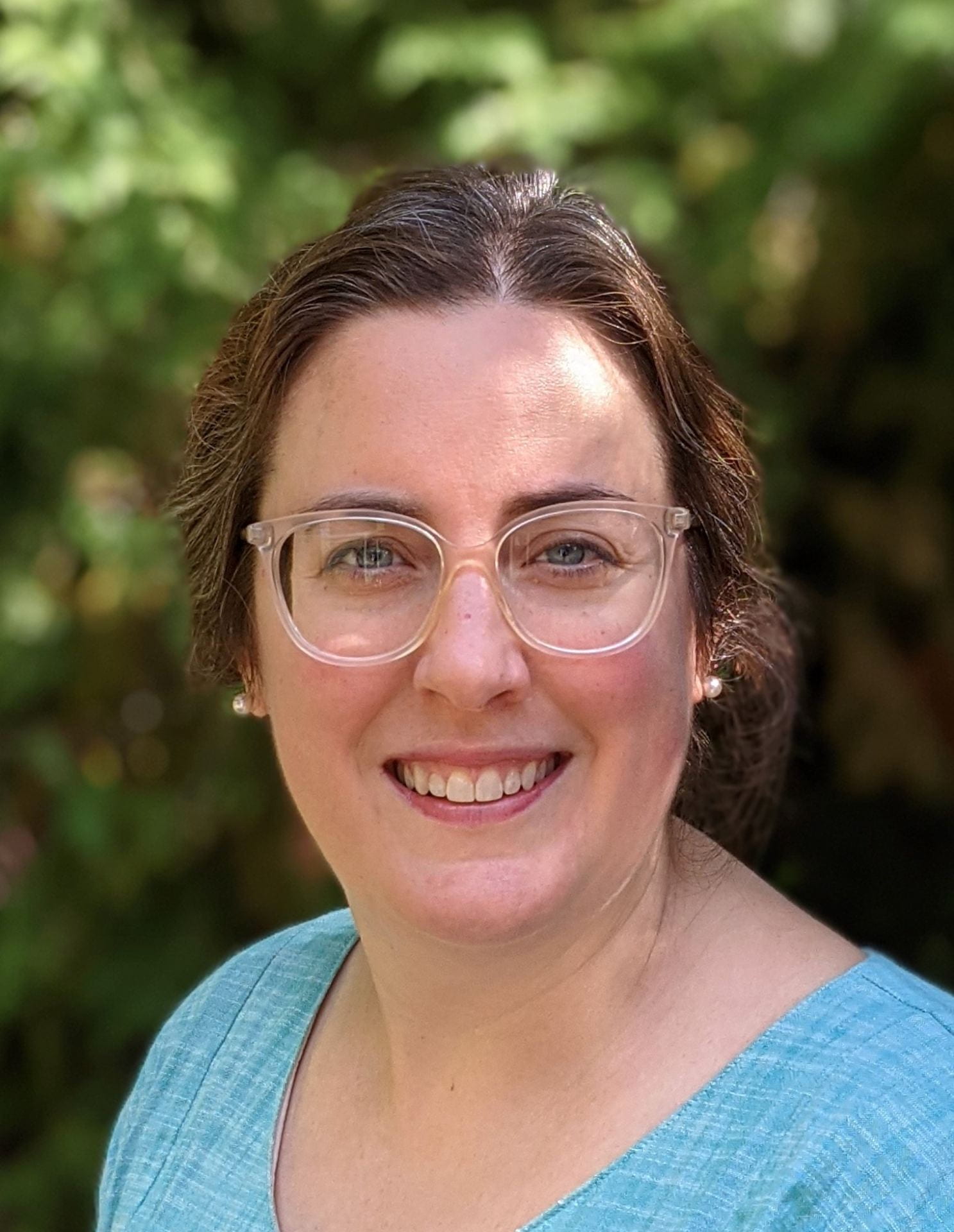
Dr. Catherine Izard
Data Science Manager, National Grid
Catherine Izard, PhD is a utility analytics professional who uses the power of data to shape the energy networks of the future. Catherine is passionate about combining interdisciplinary, systems thinking, advanced quantitative modeling and data science in a business context to solve energy and climate problems. She is currently a Data Science Manager at National Grid, where her team works on a wide variety of projects across the business to drive down ratepayer costs, support the transition to a clean energy future, and ensure the safety of gas and electric networks. Catherine holds a PhD in Engineering and Public Policy from Carnegie Mellon University.
Technical Talks
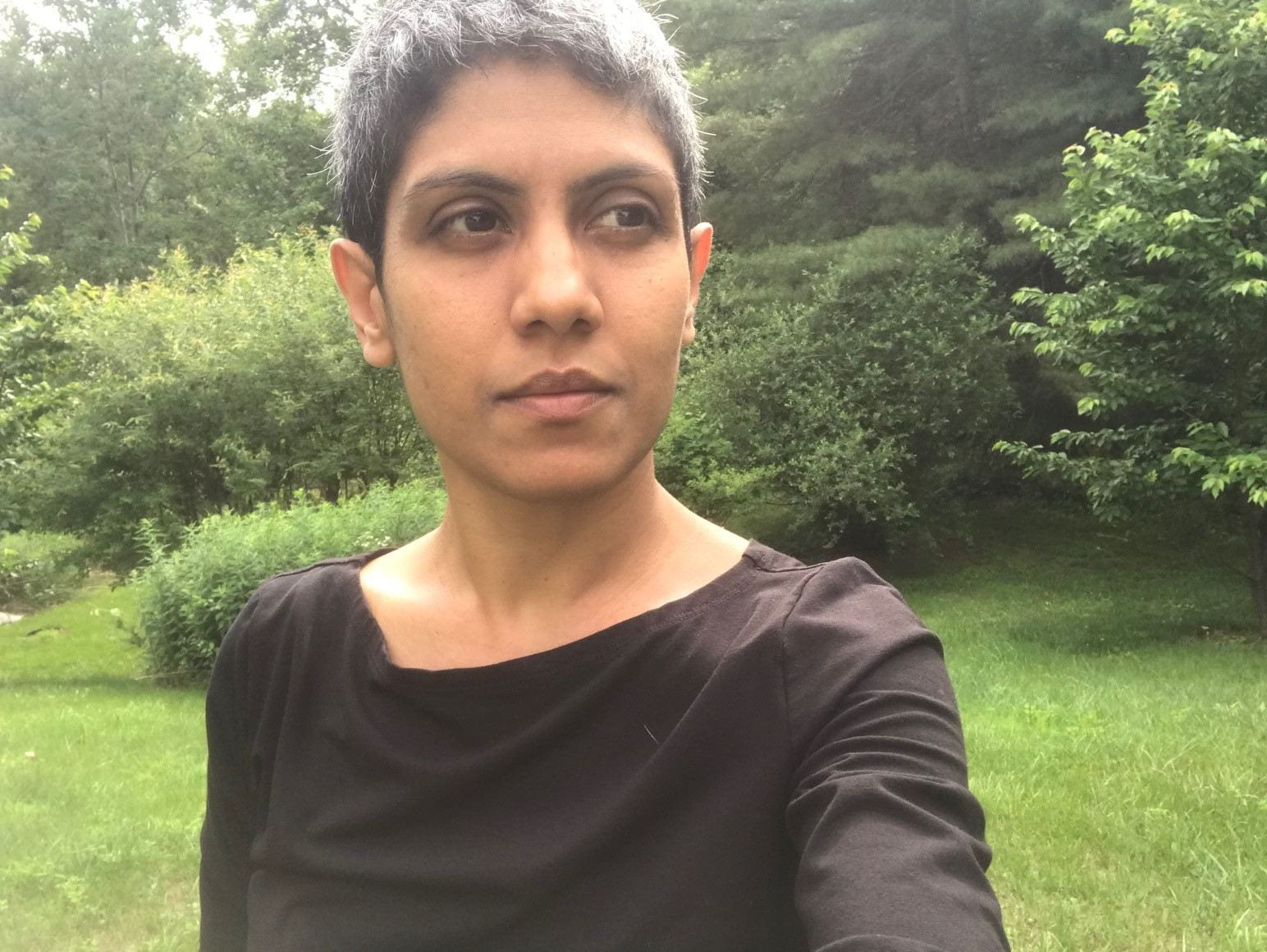
Dr. Chaitra Gopalappa
Associate Professor, Mechanical and Industrial Engineering, UMass Amherst Associate Professor, Commonwealth Honors College, UMass Amherst Guest Researcher, Centers for Disease Control and Prevention (CDC/NCHHSTP)
Dr. Chaitra Gopalappa is an associate professor of industrial engineering and operations research at the Department of Mechanical and Industrial Engineering and Commonwealth Honors College at the University of Massachusetts, Amherst. She is also a guest researcher at the U.S. Centers for Disease Control and Prevention. Her work is in the area of simulation, simulation-based optimization, reinforcement learning and machine learning, and stochastic processes. Her lab focusses on developing mathematical and computational models to inform public health policies. Recent work includes use of machine learning methods to capture the interactions between interrelated sexually transmitted diseases and social determinants of health, to subsequently quantify disease risk attributed to social and economic conditions, understand social needs of persons at risk of disease, and inform structural interventions. Her lab is funded by grants from the National Institutes of Health, the National Science Foundation, the U.S. Centers for Disease Control and Prevention, and the World Health Organization.
Dynamic simulation models are a critical tool to evaluate the impact of alternative disease intervention combinations to identify the strategy that is most optimal at controlling an outbreak. The fundamental building blocks of most infectious disease models are to simulate human behaviors such as contact networks, and testing and treatment behaviors. However, data show that disease cases are concentrated among populations in low socio economic conditions and further that social and economic factors are drivers of behaviors that increase risk of diseases. While behaviors are fundamental mathematical mechanisms for predicting the spread of diseases, modeling behaviors alone without the factors that drive them can enormously misrepresent intervention needs. These data also suggest that social factors are common risk factors of multiple diseases, and as such, the need for a method to jointly modeling related diseases to inform optimal allocation of resources through a unified approach to disease prevention. I will discuss some of our work in use of machine learning methods to address the challenges associated with building such a multi-disease model and simulating behaviors as functions of social determinants, related to sexually transmitted diseases.
Lab website: https://diseasemodeling.github.io/
Talk Title: Follow the data: social factors are among key drivers of disease risk. Building disease prediction models informed by data
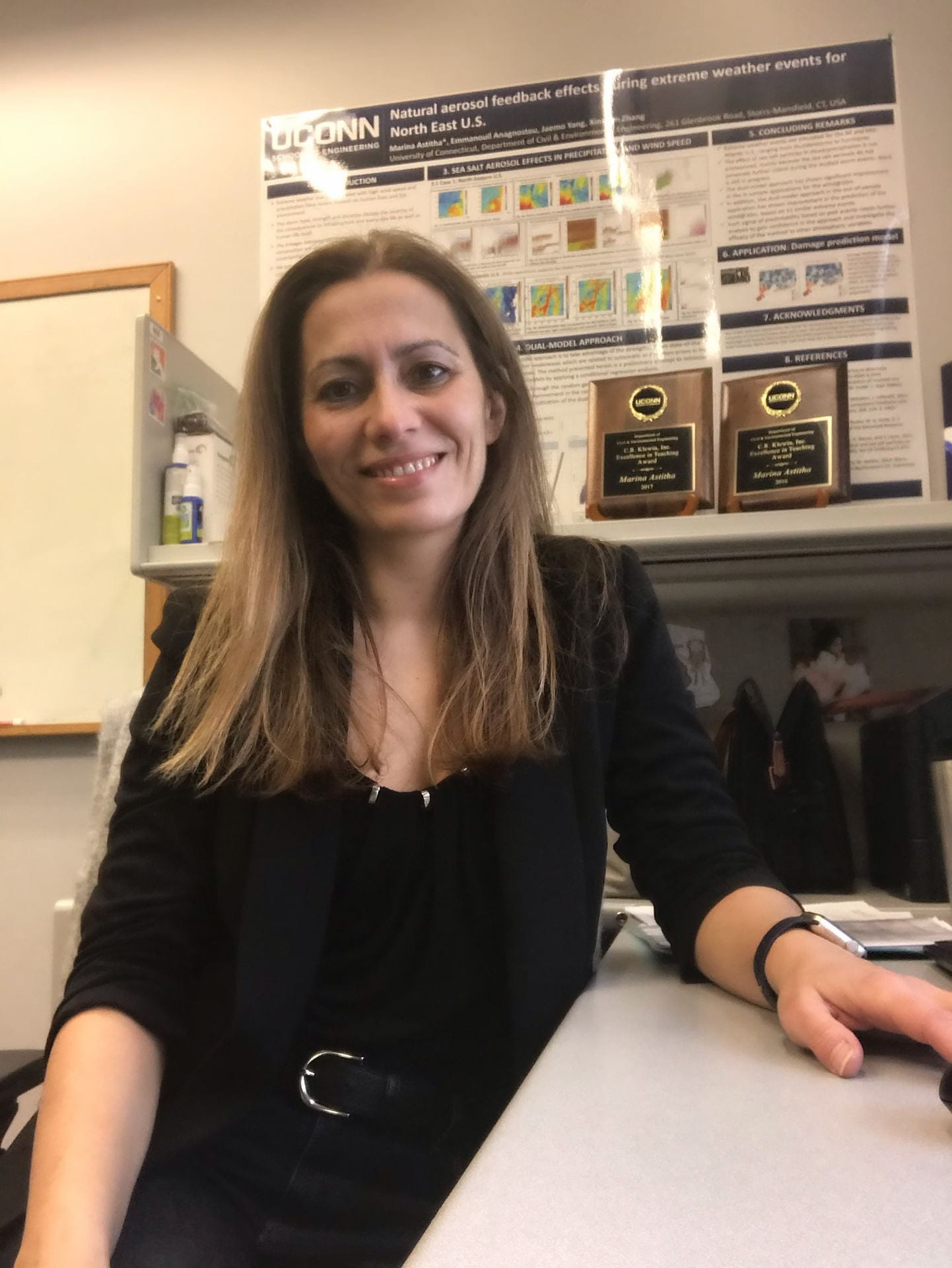
Dr. Marina Astitha
Associate Professor and Associate Department Head for Graduate Education, Equity and Inclusion, Department of Civil and Environmental Engineering, University of Connecticut (UConn)
Dr. Astitha is an Associate Professor and the Associate Department Head for Graduate Education, Equity and Inclusion at the Department of Civil and Environmental Engineering, University of Connecticut (UConn). Dr. Astitha has 15 years of experience in atmospheric numerical modeling systems from regional to global scales. She is leading the Atmospheric Modeling and Air Quality Group (https://airmg.uconn.edu/) since joining UConn in 2013. The group currently consists of PhD, MS and undergraduate students in Environmental Engineering conducting research on extreme weather prediction, air quality modeling systems, and integration of numerical models with machine learning algorithms for error reduction and new model development (weather and water quality applications). Dr. Astitha’s group is also conducting research related to renewable energy (offshore wind farms) and storm forecasting that impacts power distribution in the NE US. Dr. Astitha is committed to support, mentor, and inspire the next generation of engineers to innovate, lead and thrive in solving complex environmental problems and sustain a healthy society in the years to come.
Group website: airmg.uconn.edu
Talk Title: Environmental modeling for extreme weather, offshore wind farms and lake water quality: how to integrate physics-based models with machine learning
Closing Remarks
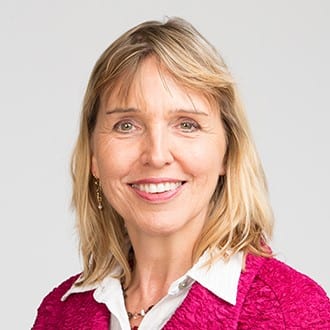
Dr. Elke Rundensteiner
Professor and Director / Founder, Data Science Program, WPI